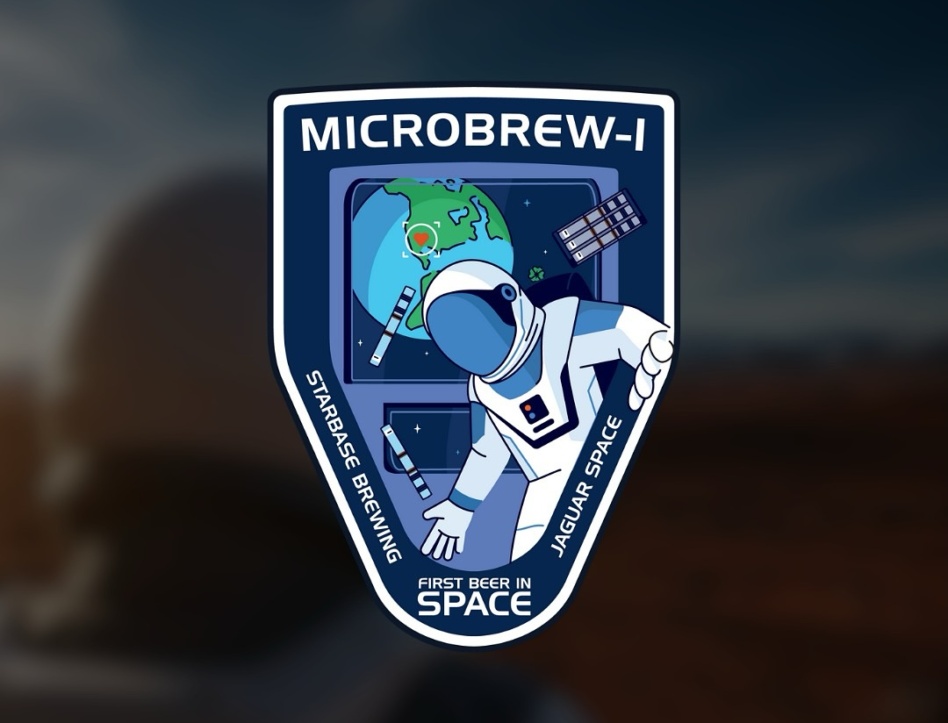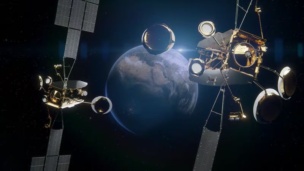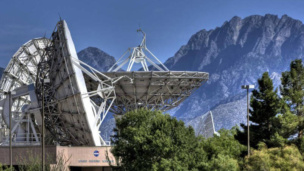Many good ideas are hatched over a beer. One is heading to space this afternoon.
Starbase Brewing founder Nate Argroves and Jaguar Space founder Luis Zea teamed up on two ISS experiments with big implications for future space explorers looking to unwind over a cold one. The experiments are expected to fly on the NASA Crew-11 launch set for Thursday afternoon.
Origin story: About a year and a half ago, Argroves, whose aim is to open the first brewery on Mars, was searching for top space microbiologists. Argroves fired off an email to Zea, who was in the midst of opening his own consulting company. As a homebrewer himself, Zea said the partnership was “meant to be”—he was already thinking about pursuing a fermentation-focused experiment. Over a beer, naturally, the two agreed to join forces.
The science: The two experiments set to launch today are:
- Optimizing Agriculture in Simulated Interplanetary Soils (OASIS): It will attempt to grow barley aboard the ISS in simulated Martian regolith, adding spent grain from brewing to support crop growth. Texas A&M Agrilife, which has been working with the brewery on Earth-based research for two years, will also join this experiment.
- MicroBrew-1: It will send tubes to space where wort (or unfermented beer) and freeze-dried yeast are stored in separate chambers. An astronaut will turn a crank to combine them and set off the process of top fermentation, which typically relies on gravity. Zea will then study how the lack of gravity affects fermentation when the tubes are returned to Earth.
Argroves helped shape the overall vision for the experiments, and provided brewing advice. He also contributed funding, noting that “a large percentage” of Starbase Brewing’s proceeds are invested into research. Zea, on the other hand, took care of the science aspects, as well as the logistics and paperwork.
Bigger picture: The experiments’ implications stretch far beyond a weightless happy hour. Being able to grow crops in Martian regolith is a critical step to a self-sustaining human presence on the Red Planet, so that astronauts don’t have to rely on long and expensive resupply flights. Understanding how lower gravity changes the physics of the biofermentation process could also help researchers understand everything from food production to life support in space, Zea said.
What’s next: The launch may be Starbase Brewing’s first foray into the stars, but Argroves said it won’t be his last. He said he intends to continue exploring the science behind brewing in space, especially focused on off-world agriculture and technology to remove perchlorates, or toxic compounds, from Martian soil and water.




